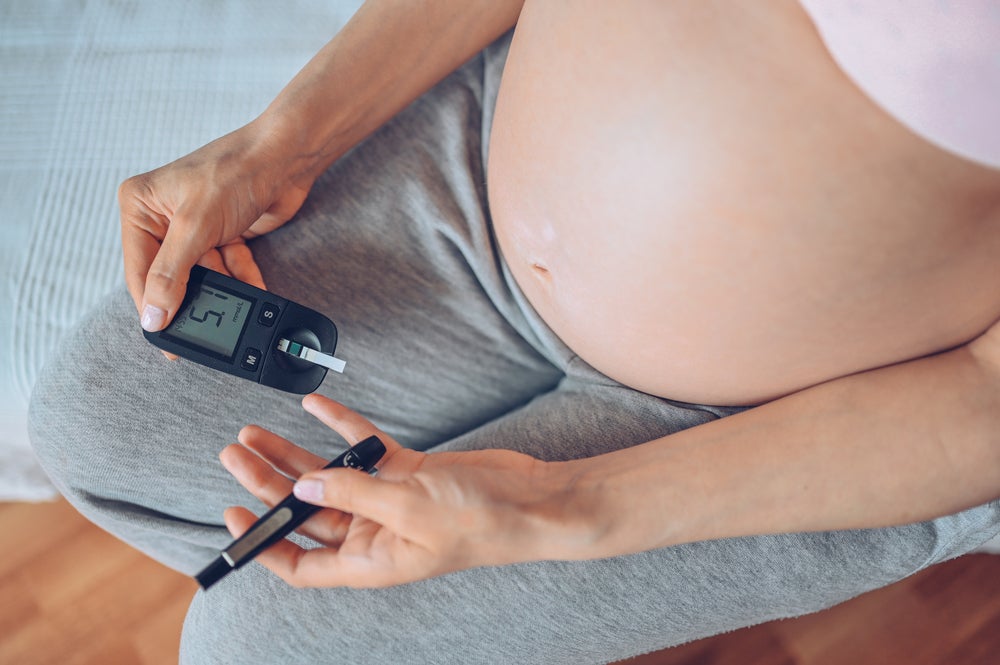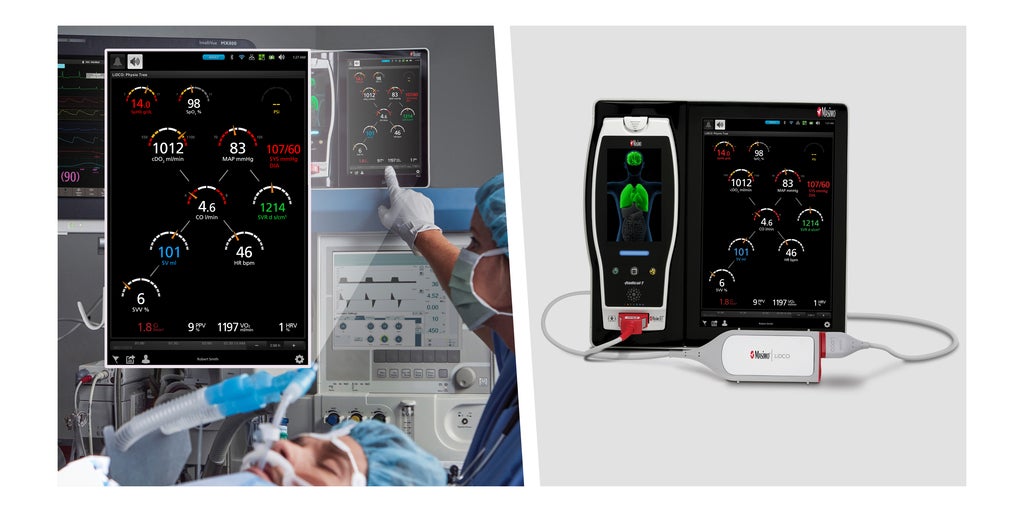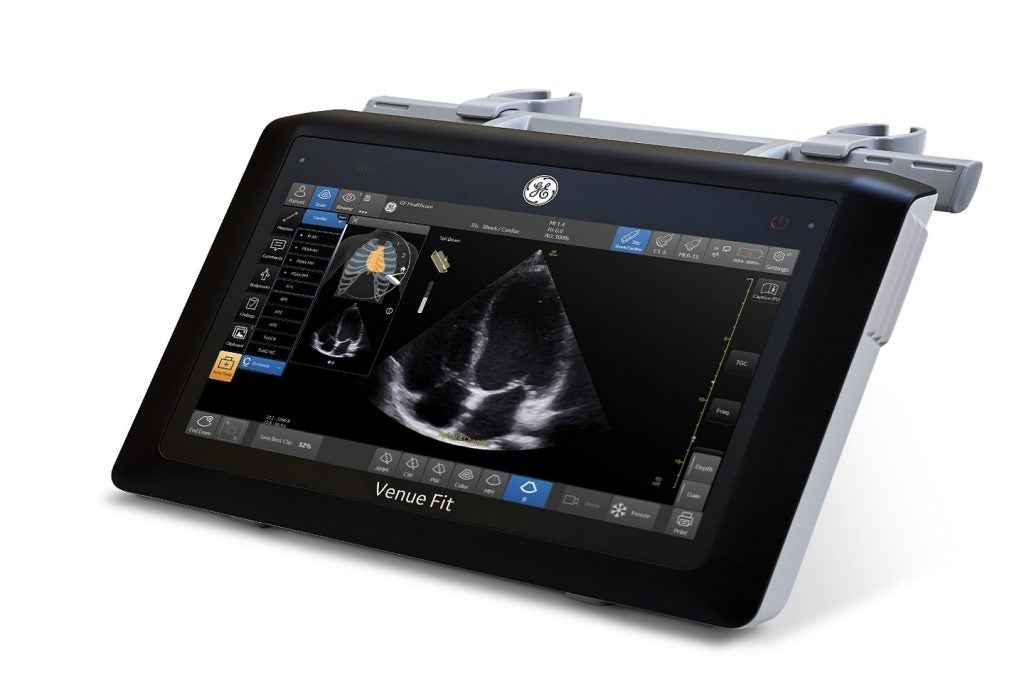The UK’s National Institute for Health and Care Research (NIHR) is calling for smartphone-delivered diabetes treatments to be offered to pregnant women suffering from diabetes following a study.
The NIHR has found that insulin delivered using smartphone technology helps pregnant women with type 1 diabetes to manage blood sugars better. As a result, it is calling for pregnant women with the condition to be offered the technology.
The announcement comes following a study, carried out jointly between the NIHR and the Medical Research Council (MRC).
Researchers for the study trialed Hybrid Closed-Loop or Artificial Pancreas technology which features an algorithm that communicates with the traditional continuous glucose monitoring and insulin pump systems.
This was compared this technology with the traditional continuous glucose monitoring and insulin systems.
The study found that on average, pregnant women used the Hybrid Closed-Loop technology for more than 95% of the time.
They also found that using the technology helped to substantially reduce maternal blood sugars throughout pregnancy. This is compared to traditional insulin therapy methods, where women who used the technology spent more time in the target range for pregnancy blood sugar levels.
The study also concluded that women using the technology gained 3.5 kg less weight. They were also less likely to have blood pressure complications during pregnancy.
Professor Helen Murphy, lead author of the study, said: “For a long time, there has been limited progress in improving blood sugars for women with type 1 diabetes, so we’re really excited that our study offers a new option to help pregnant women manage their diabetes.
“Previous studies have confirmed that every extra hour spent in the blood sugar target range reduces the risks of premature birth, being too large at birth and need for admission to the neonatal intensive care unit. This technology is game-changing, in that it will allow more women to have safer, healthier, more enjoyable pregnancies, with potential for lifelong benefits for their babies.”
Published in the New England Journal of Medicine, the study was carried out by researchers at the University of East Anglia with assistance from National Health Service Trusts across the UK as well as a number of research institutes. It was additionally funded by the NIHR’s Efficacy and Mechanism Evaluation Program.















